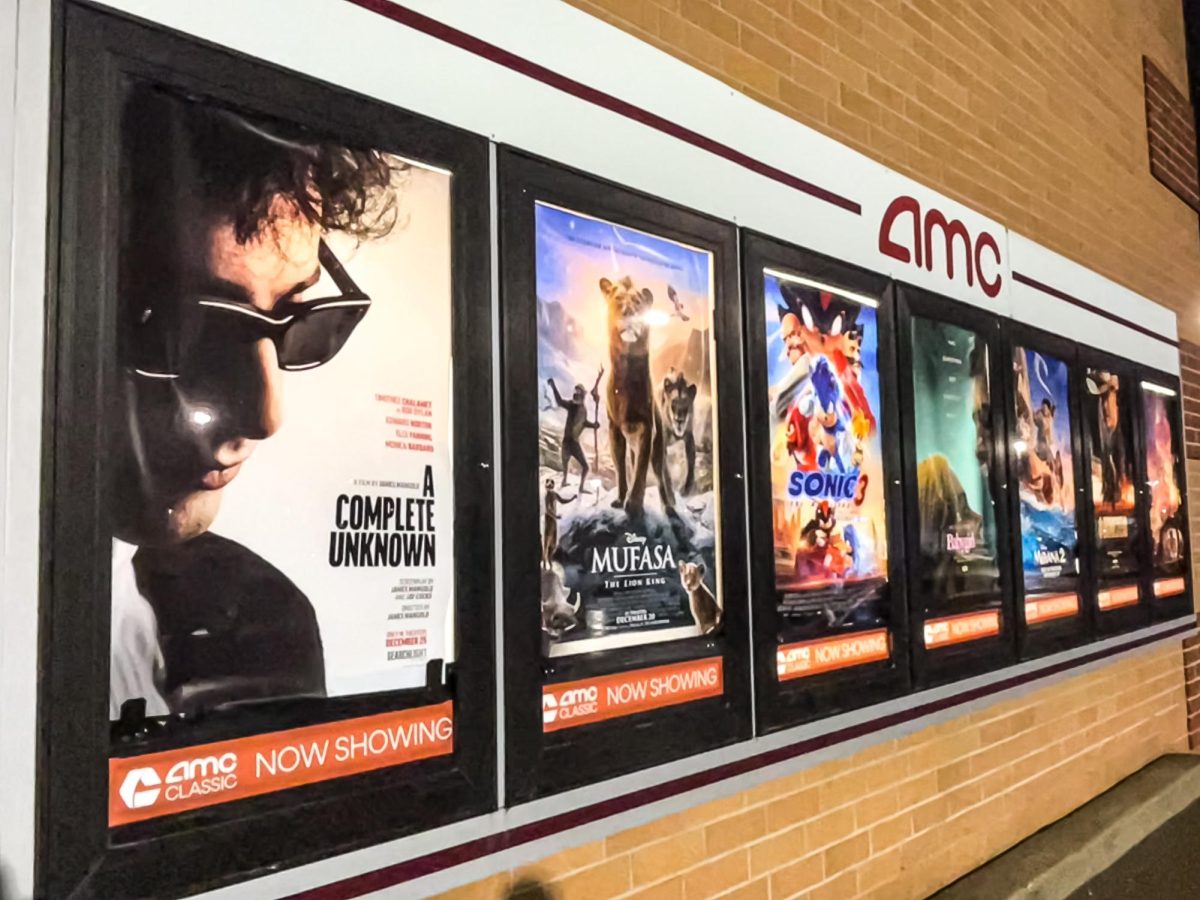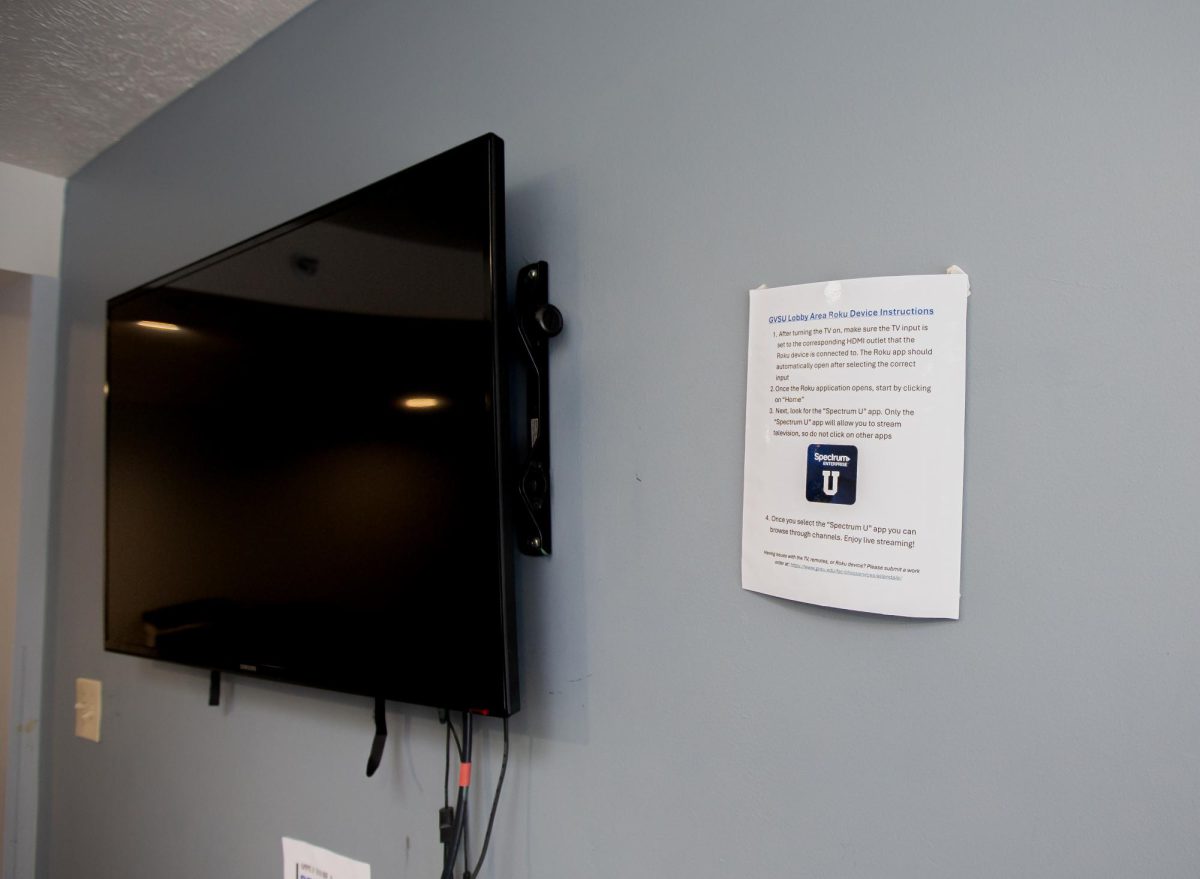When Hollywood should reboot movies
Sep 7, 2017
I’m sure you’ve heard it from your film-centric friends or even said it yourself at some point. You go online, look at the latest movie news and find out that your favorite movie from the ’80s is getting remade.
You think, “No! That movie is perfect! Leave it alone!” We’ve all been guilty of it, and although Hollywood could stand to promote more original material in favor of reboots and remakes, it doesn’t mean that remakes are entirely unnecessary.
In terms of recent reboots and remakes, there’s the upcoming adaptation of author Stephen King’s book “It,” which is produced by Warner Bros. and set to release in early September. The film will serve as a remake of the original 1990 straight-to-TV miniseries starring Tim Curry as the title character.
Plenty of fans voiced their outrage of the news of this remake, as they had a strong nostalgic attachment to the original adaptation. However, what many of them fail to remark or admit is the original film’s list of flaws that hold it back from reaching the greatness of the original novel. They love the movie for its lead but ignore all other issues.
This is a great example of a time when a remake is actually suitable. After all, a remake shouldn’t be about the creative team simply re-creating what previous filmmakers attempted. Instead, anyone in charge of remaking any property should do two things: offer something fresh and fix as many of the original’s problems as possible.
If the original adaptation of something is fundamentally flawed itself, maybe a remake is exactly what it needs. When the original was far from perfect, a remake offers something constructive that could lead to a better, more complete product than what the original gave.
It is essential that there’s something for the remake to improve/build upon from its predecessor. If the original’s quality is simply impossible to surpass, then the inevitability of making a movie worse than the original should motivate any production company and creative team to leave the prospect alone.
Although reboots face the same amount of disdain among dedicated moviegoers as remakes do, the motivations behind a reboot usually differ in specific ways. For example, the most prominent examples of cinematic reboots are the films within the Spider-Man, Batman and James Bond series. Every time the lead actor in each of the films is replaced by someone else, the production studio behind the movie reboots the series in one way or another so that the franchises can continue.
Reboots are typically meant for big-budget series and projects with some semblance of franchise potential. With remakes, it usually takes at least a decade before any studio even attempts remaking a movie. With reboots, the timetable on when it’s okay (and not okay) to do one for any particular series varies tremendously.
The 2016 “Ghostbusters” reboot released 27 years after the last official movie in the original series, but “The Amazing Spider-Man” reboot came just three years after the release of the third installment in the original “Spider-Man” series. The first example displays an appropriate amount of time to wait before attempting a reboot, as it allows old fans to have enough time in-between the beginning of the re-launched series and the end of the original group of films.
If movie studios constantly reboot a series the moment it’s not doing well, you’ll begin to build up series fatigue among audience members who previously identified as major fans of whichever franchise is receiving the reboot. A reboot requires serious patience on the production studio’s part to ensure that fans actually want a re-launched continuity and that it isn’t just forced by the studio.
All in all, a remake/reboot isn’t an inherently bad thing when utilized properly and carefully. The way Hollywood has pushed a series of non-original films in this vein frequently leads to many pointing out an unwillingness to do something original.
Instead, the film industry needs to treat remakes/reboots like a second chance, an opportunity to not only try something unique, but to also give fans of a particular series or character the definitive version or interpretation they can watch for years to come.

























